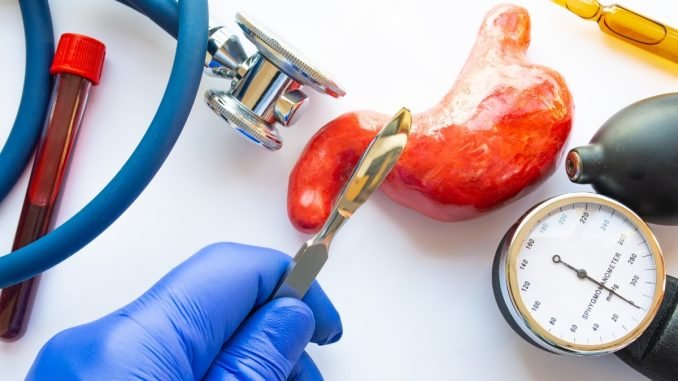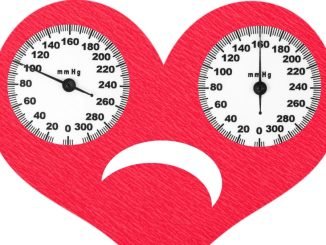
“Bariatric surgery has become recognized as the safest and most effective treatment for severe obesity in adults; however, little was known about the relative merits and risks of these procedures in the youngest of teens compared to older adolescents,” said Sarah B. Ogle, DO, a surgery fellow at Children’s Colorado.
Researchers during a recent study have found that after bariatric surgery there is similar weight loss, resolution of high blood pressure, and high cholesterol, nutritional impacts and improvement in the quality of life in both younger and older adolescent.
The results of the study published in Pediatrics strongly indicate that when working with adolescents with severe obesity, age alone should not dissuade providers and patients from pursuing surgery when medically indicated.
“Bariatric surgery has become recognized as the safest and most effective treatment for severe obesity in adults; however, little was known about the relative merits and risks of these procedures in the youngest of teens compared to older adolescents,” said Sarah B. Ogle, DO, a surgery fellow at Children’s Colorado.
“Thus, discussing the option of surgery in young adolescents with intractable severe obesity makes more sense than continuing ineffective treatments, given the proven benefits of surgery. This study is an exciting step toward demonstrating the safety and efficacy of bariatric surgery in the youngest adolescents,” added Ogle.

Specifically, the study compared outcomes data of 228 adolescents enrolled in the Teen-Longitudinal Assessment of Bariatric Surgery (Teen-LABS). Each of these patients underwent bariatric surgery. Sixty-six of them were between the ages of 13 and 15 at the time of surgery while 162 of them were between the ages of 16 and 19.
Baseline data were collected within 30 days of surgery. Participants were then evaluated at six months, 12 months, and then annually, for five years after surgery. Researchers compared weight loss, comorbidity resolution, nutritional abnormalities, and quality of life between the younger and older adolescents participating in the study.
No significant differences in the remission of high blood pressure or high cholesterol were observed between the age groups. Weight loss and quality of life were similar in the two groups. Further, younger adolescents were less likely to develop elevated transferrin, which plays a central role in iron metabolism, and low vitamin D.
“Younger teens have less commonly been considered eligible for surgery due to their age, but the findings in this analysis should shift the focus from a concern about age to more important factors that should drive decision-making. These include providing the patient with the best opportunity to reach a normal BMI after surgery, a reversal of serious complications of obesity, and treatment that will most likely increase the lifespan,” said Thomas H. Inge, MD, PhD, Teen-LABS principal investigator, and director of pediatric surgery and the bariatric centre at Children’s Colorado.
“While these results are promising, longer-term study of this early intervention is needed to fully evaluate the impact of surgery to reverse late effects of childhood severe obesity that develop over the decades,” added Inge.



